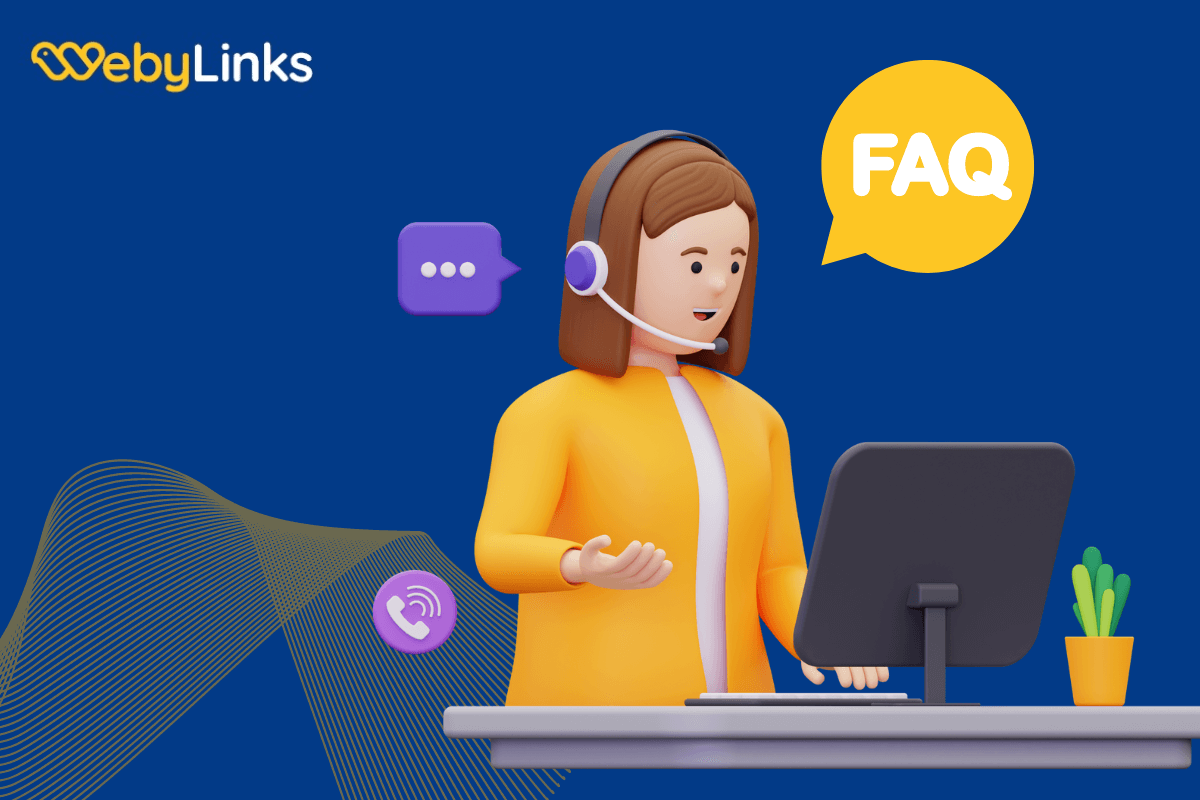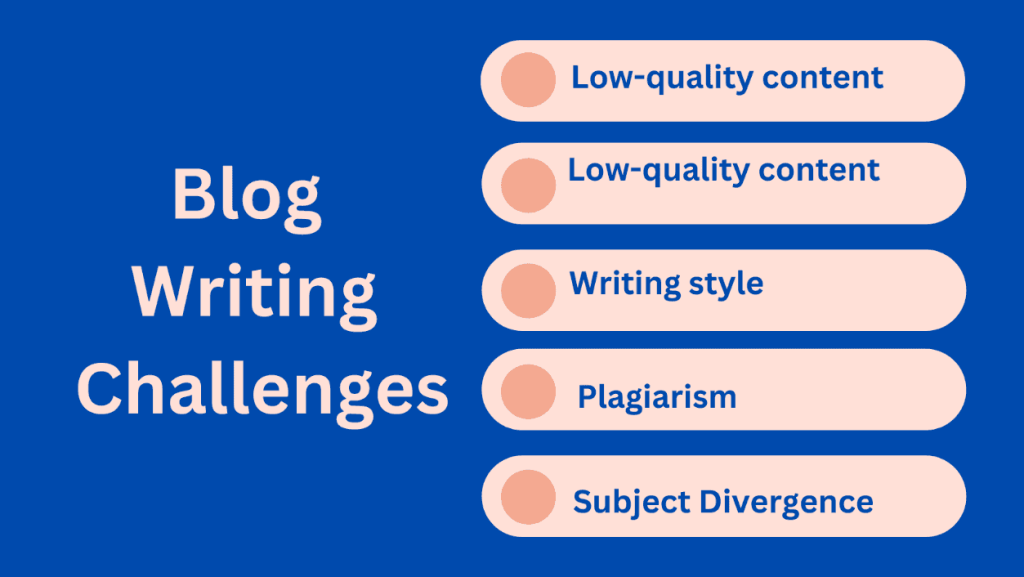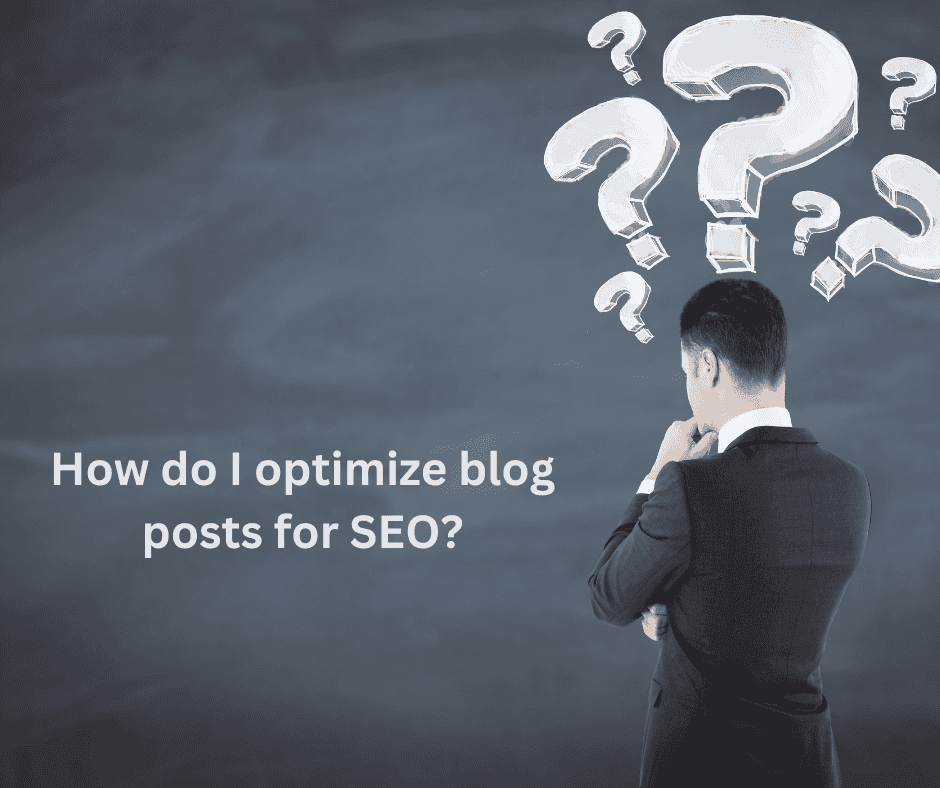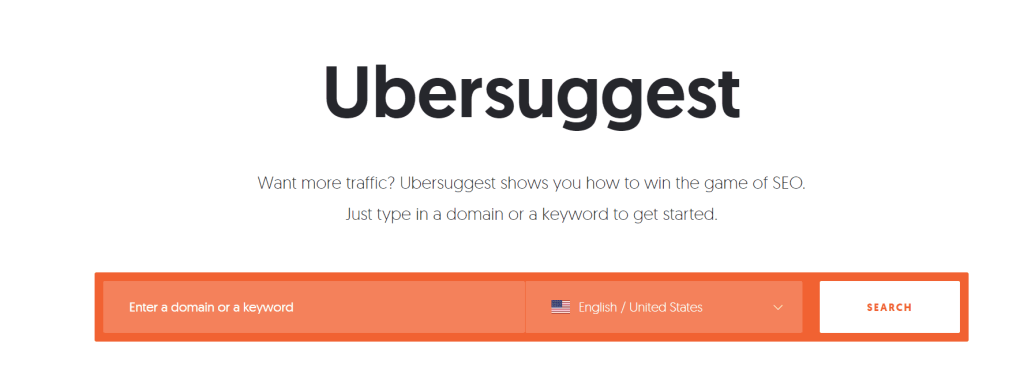20 Common FAQs About Blog Writing Services(With Answers)

Starting a blog is an effective way to promote your business, boost SEO, and establish your brand as an authority in the field. This digital platform guarantees that your business stays in the forefront of clients’ minds when they need your products or services, in addition to fostering a connection with them.
The ability to work with experienced writers has made it easier than ever to create a high-quality blog. Navigating the plethora of options, though, may be difficult. We’ve put up a list of the best 10 writing services that are skilled at creating targeted and interesting blog material for your audience to help you expedite this process.
For fast answers to frequently asked concerns concerning blog writing services, check out the Blog Writing FAQs. You may use the useful information in these commonly asked questions to help you decide which service best suits your company’s requirements.
What is Blog Writing?
For both people and organizations, blog writing is an effective tool that offers a digital platform for sharing thoughts, interacting with readers, and establishing expertise in a certain subject. Meeting the audience’s demands entails producing engaging, targeted, and fascinating materials, frequently written by skilled writers. Writing a blog helps advertise companies, improve search engine ranking, and build deep customer relationships.
How to Start Writing A Blog?
Starting a blog involves a series of steps. Here are a few must-follow actions to ensure a successful blog.
Select Your Type of Hosting: Select a hosting solution, a WordPress platform, your current domain, or a subdomain. Choosing the best hosting is essential to your blog’s success.
Identify Your Theme and Niche: Give your blog’s topic and concentration a clear definition. Having a distinct specialty is crucial whether it’s personal experiences, areas of expertise, or answering business-related queries.
The Secret Is Consistency: Maintain a consistent blogging schedule, with one to four weekly entries. For efficient content planning, make a strategy, stick to a posting schedule, and use an editorial calendar.
Enhance for search engines: Boost the exposure of your blog by using search engine optimization (SEO). Do keyword research, write with readers in mind, and give succinct responses to frequently asked questions. Increasing organic traffic requires SEO.
Challenges New Bloggers Often Encounter:

Blogging requires commitment, persistence, imagination, and marketing know-how. Difficulties that many novices encounter include ambiguous themes, poor content, and minimal traffic. However, a successful blogging journey may be achieved by accepting optimism and finding answers to these problems. The most common challenges new bloggers may face at the starting point may include:
- Lacking a distinct blog niche and theme
- Low-quality content
- Writing style
- Plagiarism
- Not remaining on the subject
20 Common FAQs About Blog Writing Services

Question 1. How do I start blogging?
Choose a hosting option before you launch your blog. For a business blog, use a subdomain or your current domain. If you’re just getting started, go for a platform like WordPress, web hosting, and a name.
Question 2. What are the characteristics of a successful blog?
- Writing expertly is not necessary to create interesting blog entries.
- Give readers’ actual value, an easy-to-read format, and multimedia components top priority.
- Use concise language, subheadings, and images to make your writing readable, and make sure your grammar is correct.
Question 3. What should I blog about?
Coming up with blog post topics may be difficult, particularly for beginners. Personal blogs are centered around experiences and areas of expertise and frequently include reviews and how-to articles. Business blogs should respond to questions from clients, remain current with industry developments, and get ideas from keyword research and social media.
Question 4. How often should I post new content?
Cconsistency is key, and small firms usually update their blogs one to four times a week. For effective scheduling, make ahead plans, maintain a supply of postings and employ an editorial calendar.
Question 5. How do I optimize blog posts for SEO?

SEO raises search ranks and increases natural traffic to your blog, improving its visibility. Make things easier with these suggestions:
- Keyword Research
- Write for Humans
- Direct Answers
Question 6. What is the optimal length for a post?
Every year, bloggers strive for lengthier content; according to HubSpot, the optimal length is between 2100 and 2400 words.

But first, give quality precedence over length. Provide your readers with factual and pertinent content and think about rotating your postings over time a popular SEO technique to take advantage of current search rankings.
Question 7. What is the best way to promote a blog?
Social media is the most popular way to promote blogs; more than half of all people use Facebook, Twitter, and Instagram. Companies frequently use these three to promote themselves. Paid advertising may have lower conversion rates than social media traffic, even though it produces results instantly.
Question 8. What Is the Difference Between a Blog and A Website?
Although they are comparable, others contend that a blog is just a website with a content focus. On the other hand, a website is a more general phrase that might include static sites for companies that don’t alter much.
Question 9. What Computer Skills Do I Need to Start a Blog?
Basic computer knowledge is all that is needed to start a blog; programming experience is not required. For important jobs, concentrate on text editing and media uploads. Prosperous bloggers frequently lack sophisticated knowledge of website design.
Question 10. How Do I Come Up with A Blog Name?
When creating a blog, coming up with a name might be the hardest part. Think about these three options: come up with a name that relates to your expertise, use your own name for flexibility, or come up with a list of unrelated terms.
Question 11. How Do You Create and Design a Blog?
For simple blog construction, select a free or premium WordPress theme from sites like SiteGround. Purchasing pre-made themes or paying for customization are two possibilities for design. Pick a topic you enjoy, don’t strive for perfection, and concentrate on the most important things.
Question 12. How Do Get Ideas for Blog Posts?

As you begin your post, don’t forget to:
- Write a compelling headline.
- Make sure the writing and research are appropriate.
- Incorporate photos, videos, and infographics to improve visual appeal.
- Make sure to properly prepare and optimize for search engines.
Question 13. How Much Money Do I Have to Spend to Start My Blog?
You can launch a blog for free. You will need to invest in your blog, though, if you hope to profit from it or have greater control over the layout and customization of your website.
Question 14. Where Can I Get Images for Blog Posts From?
Images make blog postings more relatable and visually appealing but get permission to prevent legal problems. Check for sites like Unsplash and Pexels for copyright-free images or go for more affordable choices like DepositPhotos.
Question 15. How Long Will It Take My Blog to Make Money?
Blogging income varies greatly; some bloggers make thousands in months, while others need a year or longer. Success is based on personal choices, education on monetization, and hard work; the usual startup period is between six and twelve months.
Question 16. How Important Is Keyword Research in Blogging?
Although keywords are essential for blog success since, they increase exposure in searches, high-quality content is much more important. Use resources like Ubersuggest to find and add relevant keywords to your content.
To keep your ranking and reader engagement high, don’t pack your content with keywords.
Question 17. What Else Do I Need for My Blog?
- Privacy policy
- Terms and conditions
- Disclosures
- Affiliate terms and conditions
- Cookie policy
Question 18. How long does It take to build an audience?
Gaining a devoted blog readership takes time six months or longer on average. Like SEO, blogging doesn’t yield instant results, so be patient and goal-focused. With time, more people will visit your site because of each new post.
Question 19. How do I convert blog visitors into leads?
The average conversion rate of site visitors is 2.35%, meaning they may only come once. To ensure consistent distribution of excellent material, prioritize gathering email addresses through newsletter sign-ups above direct conversions.
Question 20. How do you measure the effectiveness of a blog?
Analyze blog performance according to objectives: total views for brand recognition, conversion rates, and social media shares for attracting new clients. Over 50% of bounce rates suggest possible problems with usability or content, calling for site error checks and content changes.
Wrapping Things Up!
So, are you prepared to explore the fascinating world of blogging now? With these FAQs, you may overcome obstacles and produce engaging content that connects with your audience. Being a successful blogger requires commitment, consistency, and flexibility.
Explore the information on the WebyLinks blog for further in-depth analysis and professional advice to help you improve your blogging abilities even more. Remember that the secret to connecting with your audience is to have a distinct voice and point of view.
Share your thoughts and experiences freely as you go through the blogosphere. You are only getting started, but with every post you make, you create an environment where your ideas can grow. Launch your blog now, and let your imagination run wild!
